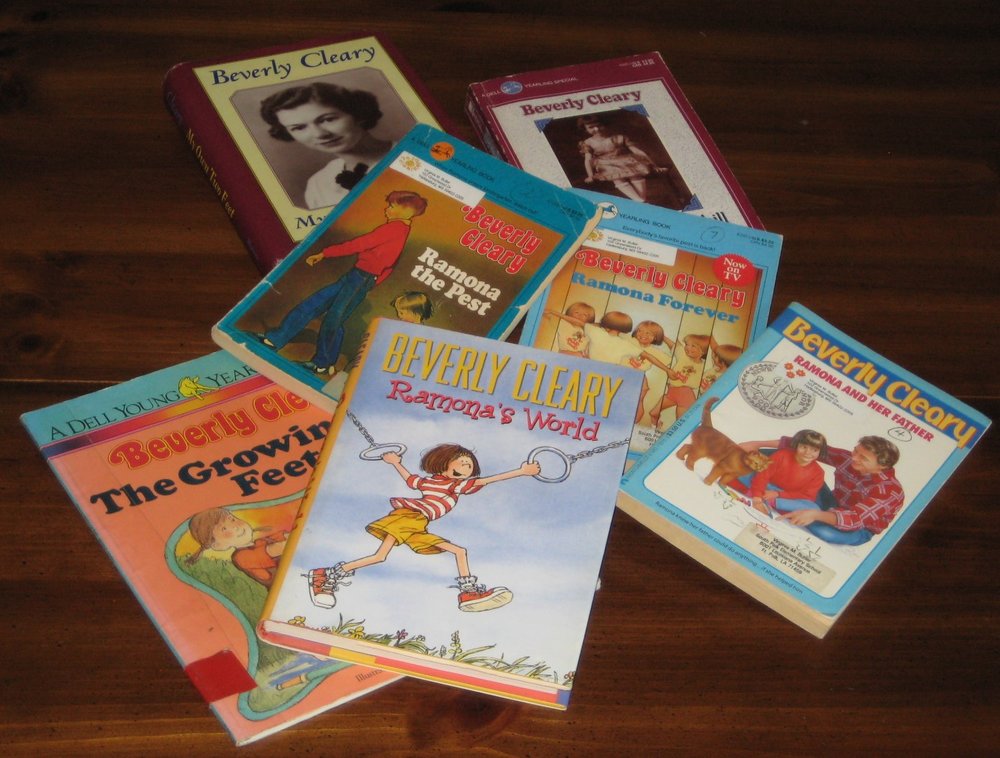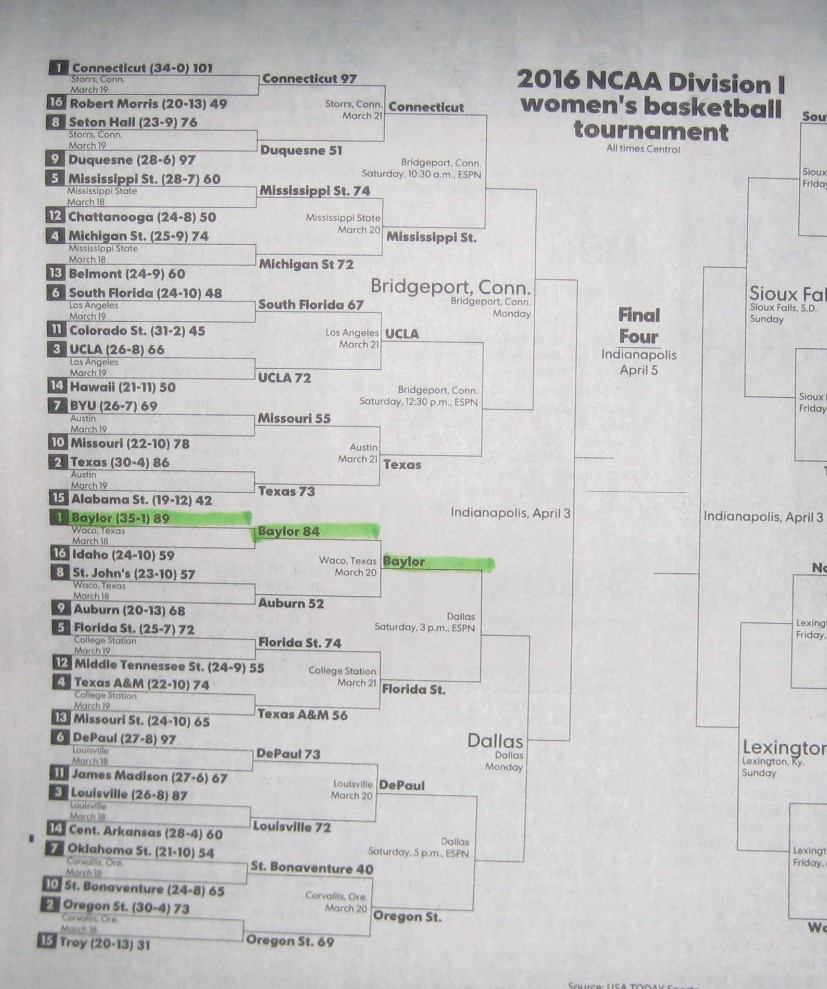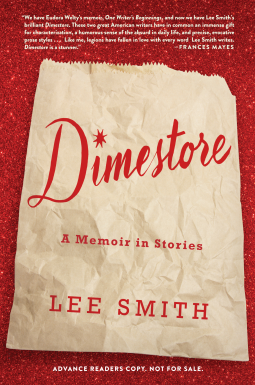 Let me join the parade of people wishing Beverly Cleary a happy 100th birthday on April 12. Not that she herself is taking it too seriously. She’s been quoted as saying about this century mark, “Go ahead and fuss. Everyone else is,” and “I didn’t do it on purpose.”
Let me join the parade of people wishing Beverly Cleary a happy 100th birthday on April 12. Not that she herself is taking it too seriously. She’s been quoted as saying about this century mark, “Go ahead and fuss. Everyone else is,” and “I didn’t do it on purpose.”
Still, it would seem ungrateful of me not to notice when she turned so many of my own second graders into independent readers. After I read Beezus and Ramona, they clamored for the next book in the series. “Sorry,” I said, “I have more good authors to read. If you want another Ramona book, you’ll have to read it yourself.”
My students were keyed up for their next weekly scheduled class trip to the school library (the only way that librarian worked, but that is another story for another time). They attended to the librarian’s lesson at the beginning of the period as well as they could with something else on their minds. The minute she released them to find their books, they landed on the Cleary shelves like a horde of locusts and picked the shelves clean.
A few weeks ensued with my students checking those books in only to have them checked back out by another member of the class who had been hovering nearby until the librarian stamped it. The librarian made a new rule. With ten or so other second grades, not to mention third and fourth, she found herself not having any Cleary books for the rest of the school so she set a limit on how many could be in my classroom at any given time.
Not to be outwitted, my students checked out their limit, supplemented them with the ones I owned, and swapped among themselves until their next trip to the library.
They never guessed that their teacher might have had an ulterior motive. I’ve long believed that the most likely way to make a good reader is to turn a child onto books. Avid practice in reading is not unlike avid practice in riding a bicycle to make the skill effortless.
So on this 100th recurrence of the date of Beverly Cleary’s birth, I add my happy birthday wishes to the multitude of others who have loved Ramona Quimby, Henry Huggins, Ellen Tebbits, and Ralph S. Mouse. I also add special thanks for creating book hunger in my students that made me look like a really good reading teacher!



































